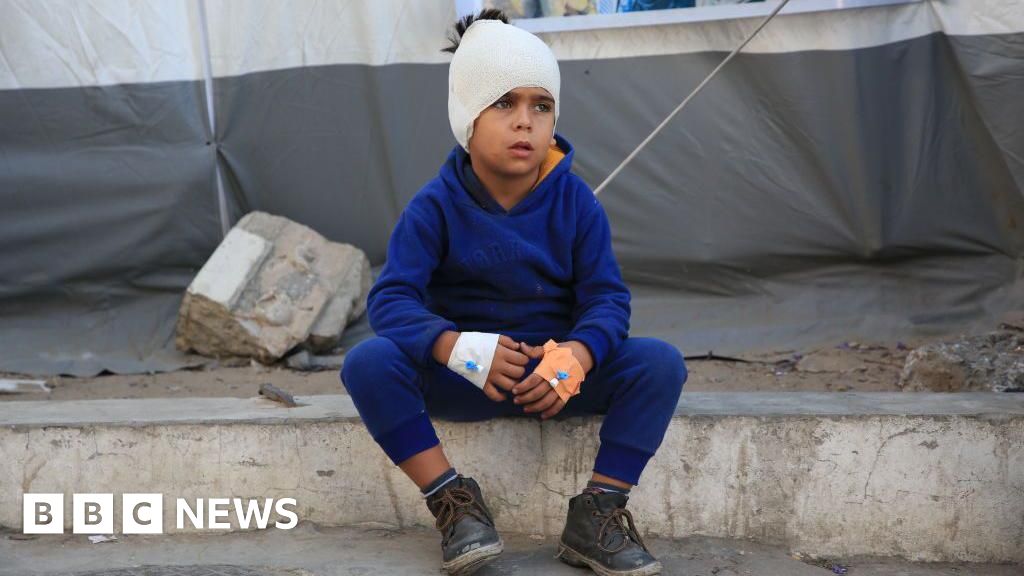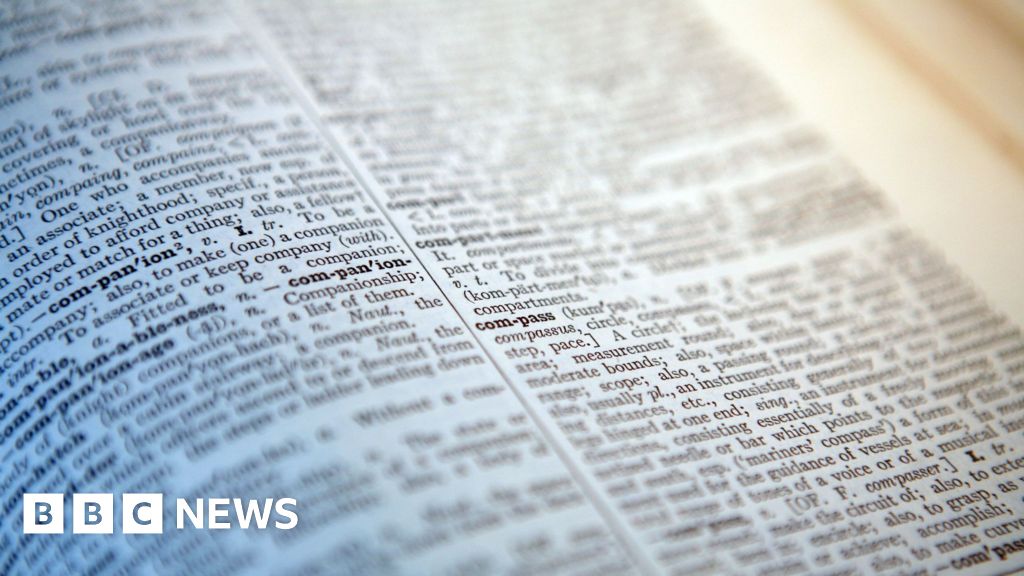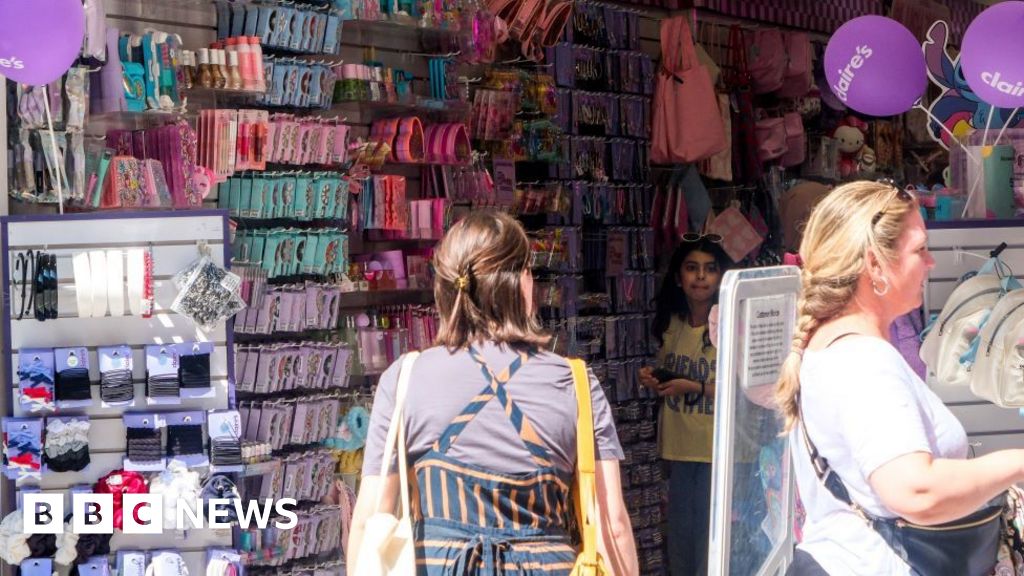- Two companies, Blackhead Consulting and LTE Consulting, are at the centre of a Limpopo water contract that paid out R4.1 billion from an initial budget of R90 million.
- Blackhead was also involved in the Rooiwal wastewater treatment works upgrade project in Pretoria, the failure of which contributed to the Hammanskraal cholera outbreak in 2023.
- These are just two of 14 investigations into the sector by the Special Investigating Unit since 2008.
Four criminal cases have been referred for prosecution by the Special Investigating Unit (SIU) after a probe into the failed Rooiwal wastewater treatment works upgrade in Tshwane, GroundUp reports.
The four cases involve Blackhead Consulting, which was part of a joint venture company contracted by the City of Tshwane for the Rooiwal upgrade.
Blackhead is owned by Edwin Sodi, who is one of 17 accused in the ongoing Free State asbestos trial.
Blackhead Consulting has also been at the centre of another SIU investigation into the raising of the Tzaneen Dam wall.
Together with LTE Consulting, Blackhead is fingered in irregular contracts amounting to more than R4 billion.
In the Rooiwal upgrade, Blackhead was in a joint venture with CMS Water Engineering and NJR Projects, but the urgent refurbishment was not completed as the contractors abandoned the site, resulting in the municipality terminating the contract in July 2022.
At that point, R147 million had been paid to the joint venture. The total contract amount was R291 million.
The failure to upgrade Rooiwal, which is not properly treating sewage before releasing almost 300 million litres of effluent into the Apies River per day, contributed to the deadly 2023 cholera outbreak in Hammanskraal, which killed 29 people.
Blacklist
But, the SIU revealed in its report to Parliament’s Water and Sanitation Portfolio Committee, Blackhead has still not been placed on the National Treasury’s blacklist of companies that may no longer do business with the state.
This is in spite of a request by the City of Tshwane to the Treasury in February last year. Blackhead was also embroiled in the Free State asbestos corruption scandal involving former Free State premier Ace Magashule.
When GroundUp reported on this last year, the Treasury stated that the City of Tshwane had not followed the process necessary to prevent Sodi’s company from doing business with the state.
Treasury’s “media unit” stated Treasury had communicated this to Tshwane, but had received no response.
GroundUp has sent questions to the City of Tshwane on this matter, but has received no response.
READ | Edwin Sodi: Bank drags controversial tenderpreneur to court over R570 000 credit card debt
Questioned by MPs on the portfolio committee, SIU head Andy Mothibi said the SIU had referred the companies involved in the Rooiwal debacle to the Department of Water and Sanitation (DWS) so that the department could get them blacklisted by Treasury.
Mothibi said the DWS was responsible for this “administrative action”, but the SIU had engaged with Treasury to “find out how far these blacklistings are”.
“Some have [been blacklisted], some not. We will continue to engage to ensure they are blacklisted,” he said.
Water and Sanitation Minister Pemmy Majodina said the department could not get the company blacklisted while it was still under investigation. An investigation did not exclude a company from procurement, she said. This was one of a number of “gaps in law”, she said.
MP Visvin Reddy (MK) said this was “the crux of the problem”.
“These companies, like LTE and Blackhead, it’s not something they did yesterday. They’ve been under investigation for quite some time.” Reddy bemoaned the fact that investigations went on “for years” while the companies continued doing business with government.
Procurement for pals
Blackhead Consulting was also part of an SIU investigation into the contract awarded by Lepelle Northern Water for the raising of the Tzaneen Dam Wall.
The SIU found Lepelle Northern Water, which is a public water utility, made it impossible for competitors to quote on the job.
In its presentation, the SIU said the water utility gave professional service providers just eight hours to respond to a request for quotations for raising the dam wall.
Further, the quotations had to be handed in at the water utility’s offices in Polokwane, but all the service providers who received the documents were based outside of Limpopo.
ALSO READ | SIU freezes pensions, assets of 2 key players in botched R3bn Limpopo water tender
This was despite the fact it was not an emergency project, having been part of DWS planning since 2012.
The SIU found that although the project was awarded to LTE Consulting, it was later passed on to Blackhead, and that “there is a relationship between the directors of the two companies”.
Blackhead was not on the DWS panel of preferred service providers.
Between March 2016 and September 2017, Blackhead invoiced the water utility for R93 million, but the SIU is instituting civil litigation to set aside the contract and recover the money.

The general manager of operations at Lepelle Northern Water was dismissed in December 2023 following a disciplinary hearing, and the outcome of a disciplinary hearing against the supply chain management manager is awaited.
Another member of the bid evaluation committee was dismissed following a disciplinary hearing on an unrelated matter.
Ballooning budgets
LTE Consulting was also found to have been irregularly appointed by Lepelle Northern Water for the refurbishment of the Giyani water and wastewater scheme, and the Mopani water and wastewater scheme.
LTE was initially appointed in August 2014 for the Giyani project at an amount of R90 million.
A month later, the investigation found, Lepelle Northern Water issued LTE with another appointment letter for the Giyani project, now with a total estimated cost of R2.2 billion.
A month after that, in October 2014, Lepelle Northern Water issued another letter to LTE, this time folding the Mopani project into the deal.
The initial appointment in August 2014 was through a deviation from normal procurement processes, and the later project cost increase of more than R2.1 billion was without an approved budget plan, and contrary to directives from the minister.
READ MORE | Ramaphosa sets SIU on eThekwini again - this time to probe fraud relating to water and sanitation
The SIU further found that Lepelle Northern Water paid an additional R1.9 billion to LTE.
Beyond the lack of budget and ministerial approval, the contract with LTE was irregular and unlawful as the company was not registered with the Construction Industry Development Board, as required, and thus could also not appoint contractors for what was a turnkey project.
The SIU “identified a corrupt relationship” between the Lepelle Northern Water officials, service provider and department officials, in a deal in which Lepelle Northern Water paid “approximately R4.1 billion to the service provider, which far exceeds the original contract value of R2.2 billion”, stated the report to Parliament.
Among the findings by an independent quantity surveyor appointed by the SIU, was that LTE charged more than R7 million to drill five sample boreholes, and charged R2.5 million for water purification plants that did not work.
The full assessment found costs had been inflated by just under R900 million. The resulting civil litigation to declare the contract unconstitutional and reclaim the money paid, was filed in the High Court in 2018. It is due to be heard in the Limpopo High Court in Polokwane at the end of July this year.
Billions for Zuma’s War on Leaks
In its presentation to Parliament, the SIU provided details of nine investigations into water and sanitation projects that had been concluded, emerging from proclamations from 2008 to 2023.
Information on a further five ongoing investigations under proclamations from 2022 to 2025 was also provided.
Another investigation involving R2.2 billion, under proclamation R164 of 2024, involves three programmes initiated by the DWS.
One of the programmes, the “War on Leaks”, launched by former president Jacob Zuma in 2015, in which thousands of young people were to be trained by Rand Water and the Energy and Water Sector Training Authority to combat water leaks, ballooned from a R2.2billion budget to expenditure of R4.7 billion.
READ | SIU fails to get interim interdict to stop Lepelle Northern Water employee from drawing pension
The SIU reported that R40 million of R1.7 billion paid to Rand Water was in “unexplained and unsubstantiated contingency fees”. Additionally, 29 “roleplayers” (including officials, private individuals and entities) have been identified for investigation.
The most recent investigation, into the eThekwini municipality, following a proclamation in February this year, is related to allegations of serious maladministration in the provision of water and sanitation services to schools and homes. The allegations stretch back to 2015.
Cleaning house
The DWS told Parliament it supported the SIU’s investigations and welcomed the establishment of the Water Sector Anti-Corruption Forum to be launched on 14 May.
Majodina said the department didn’t “leave any stone unturned on issues and matters that have been referred to the department” by the SIU.
Deputy Director-General Nthabiseng Fundakubi told Parliament there had been no unauthorised expenditure by the department since the 2018/19 financial year.
Irregular, fruitless and wasteful expenditure had been drastically reduced.
In 2018/19, irregular expenditure was at its highest, at R2.5 billion. Fruitless and wasteful expenditure in that year was at R60 million.
ALSO READ | Lepelle responds to allegations of unfinished water project for which R9m was paid
Fundakubi said internal forensic audits since 2019/20 had led to 446 allegations of financial misconduct being investigated, and 326 of them were found to be valid. She said an additional 73 cases were under investigation and seven cases that had been received recently were yet to be investigated.
She said the resulting disciplinary processes had led to various sanctions. These included dismissal, demotion, suspension without pay, and written warnings.
The cases had resulted in R1.3 million being recovered so far, and a judgment of R27.5 million in favour of the department.
Additionally, SIU investigations had led to R459 million being returned to the department from companies involved in irregular contracts, with R77 million of this yet to be paid.
 (1).png)
 3 months ago
47
3 months ago
47

















